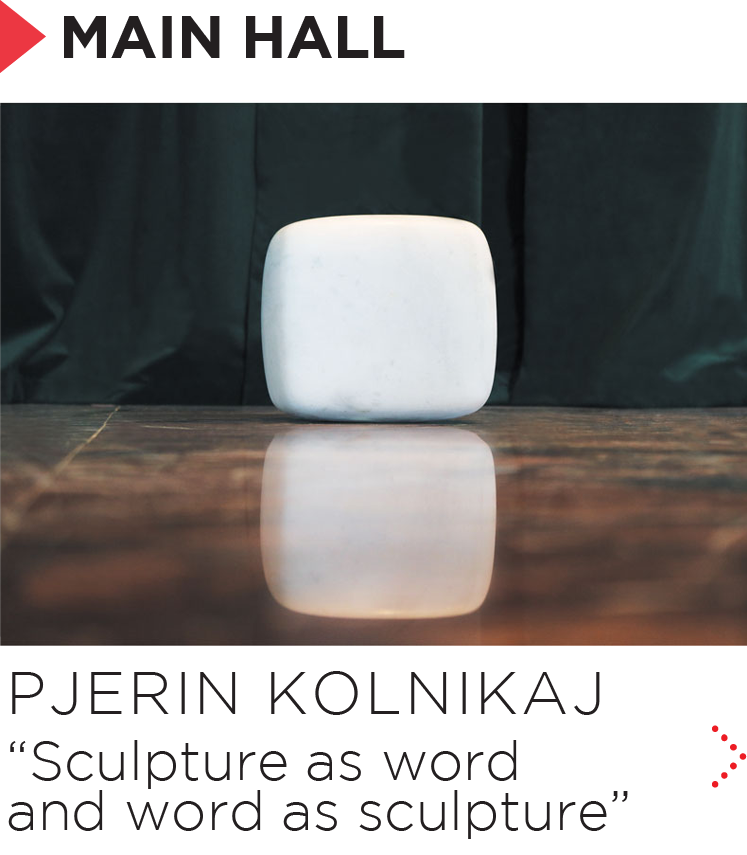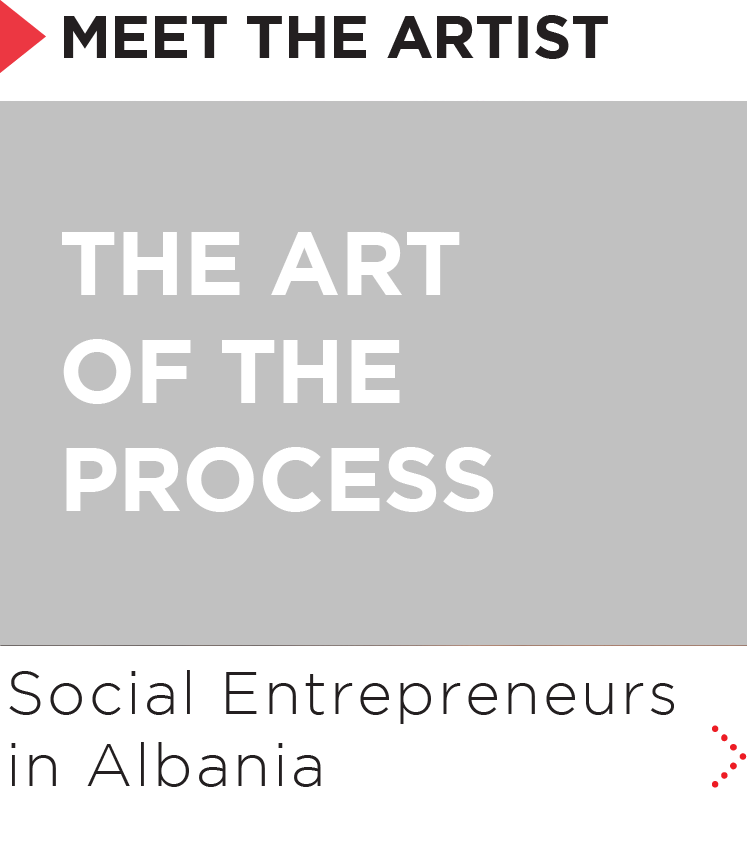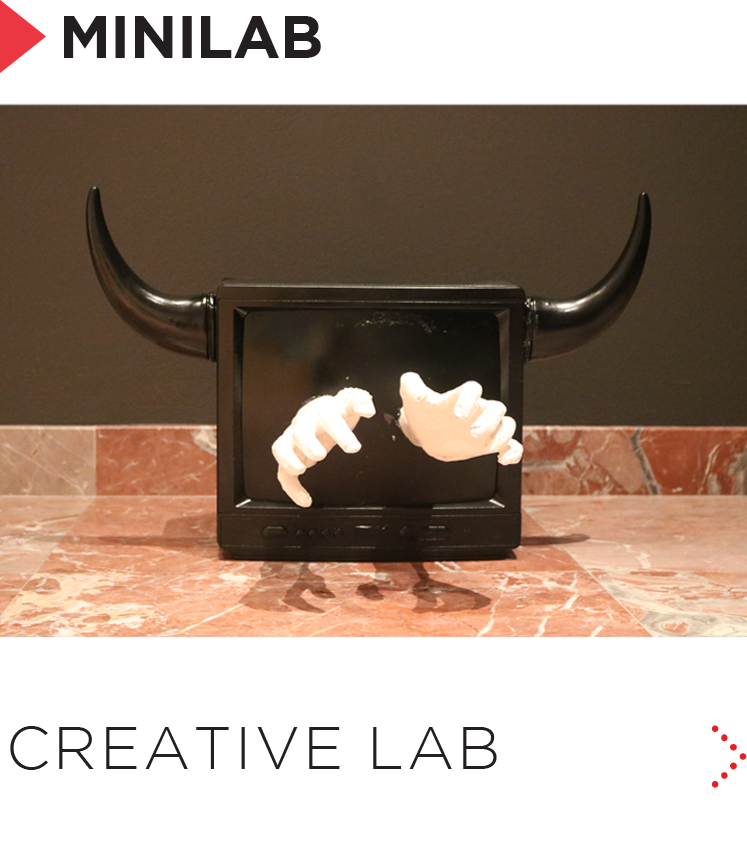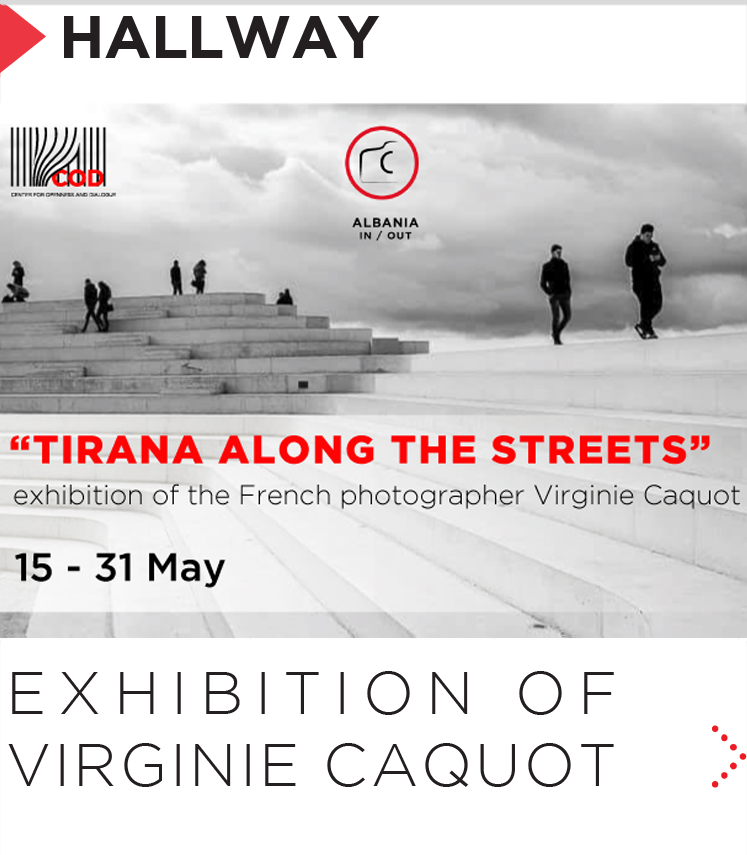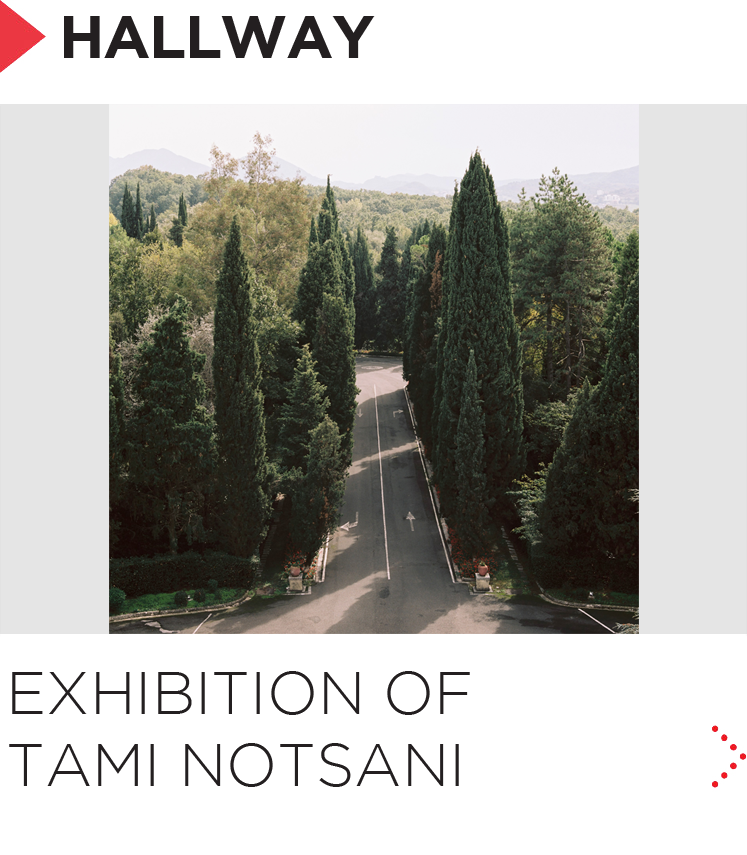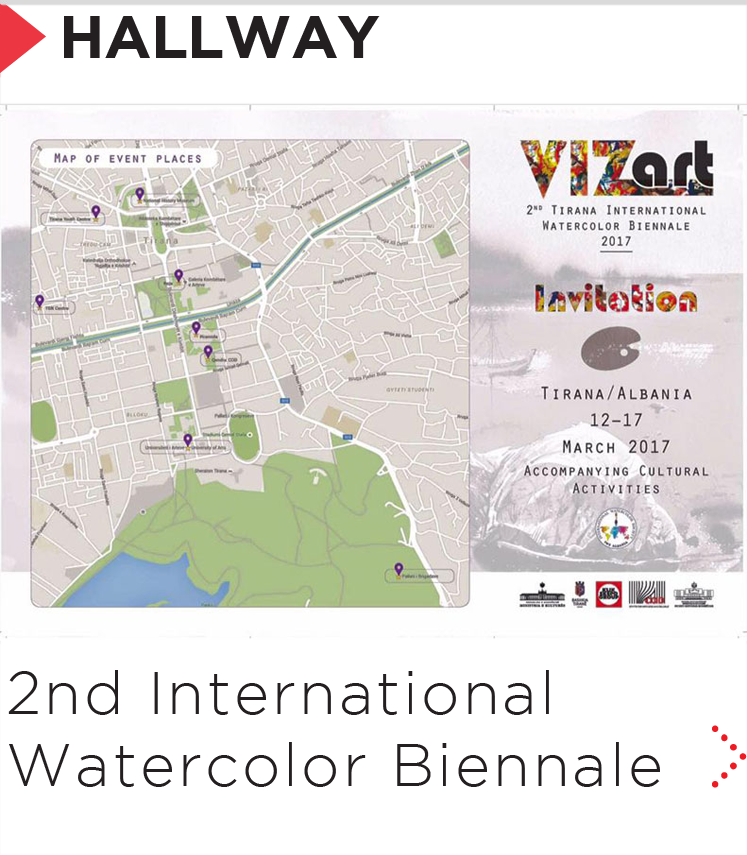COD | Season 2017-I
Processes and Results
Falma Fshazi
In the early 90s, partly because of the country’s internal dynamics and partly due to the influence of the international context, Albania entered a process of pluralism, democratization and building of institutions. This process is still in the mire of political tensions, happening in a public space dominated by radical recriminations, which hinders the development of a diverse debate and professional relationships, missing the right peace of mind on various topics of discussion. Still, it is hard to evaluate if the lack of a culture of dialogue brings to an unfruitful debate, or if it is the presence of an unproductive debate that leaves no space for dialogue, marginalizing it instead … However, one thing is clear, today Albania counts several adult generations which grew up during post-communism and while considering this we may wonder about the processes of freedom and democratization and the results that they brought. Where did we start from and where are we now? Were the outcomes more urgent to have at hand rather than a learning process to understand how to find them? In the pursuit towards results, did we give the right importance to processes? Democratic institutions are processes or results? What we are facing today as institutions, politics, public spaces, community life, quality of life and quality of democracy, can still be related to what we asked for the early 90s?
We do not claim that these are questions that only COD or the activities of this COD season can give answers to. Our aim is to bring attention to each of these questions that speak to our individual and collective memory and consciousness. After all, at home or abroad, from a decision-making position, or one more involved in public life or private activities, each of us contributed in various ways to the operation of producing results through processes. Undoubtedly, the main responsibility falls on all stakeholders over the years, but also on the way they have been and are treated and questioned by citizens. It is also questionable how effective Albanian citizens have been in bringing attention to their voice in order to be really heard during these long years of troubles with freedom, democracy, reforms, institutions and transformation of public spaces.
Considering these queries as a way to reflect about the future instead of just turning our heads towards the past, we have decided to treat them in four completely different lines, but linked by the same thread of thought: the relationship between processes and results.
In COD’s main hall we present the captivating approach of Pjerin Kolnikaj entitled “Sculpture as a word and word as sculpture” presenting three sculptures made with wood, marble and metal. Considering the elegant simplicity of their presence together with the message they transmit in the space, we can go back to the essence of Albania, its nature and maybe think of the way we have been treating it so far.
By nature I refer to the natural and cultural assets; what could happen to them, what we did to them and what we are doing now. “Sculpture as a word and word as sculpture”, reminds us also about which word did we keep or did not. It makes us question what remains of the words we said, or the words of those intellectuals, politicians, socially engaged people, since the beginning of pluralism … What did we say and what did we do? What are we saying and what are we doing?
The relationship between processes and results is very important in the fragile nature of care, and social approach to life in Albania. Therefore, we found particularly important to create a special working space where art and governance can face social entrepreneurs. Conceived by the associate artist in COD, Valentina Bonizzi, The Art of the Process is a space built in order to disclose to any visitor, the legal situation in relation to social entrepreneurship and to make visitors feel participants in a work room where the focus is on how we collectively approach and share processes, in order to guarantee concrete results. Worked in details and as a series of workshops and presentations of international personalities of the field, this series of social discussions in an institutional and artistic background shapes the second major line of the first season for 2017 and the fifth since 2015, programed by the Centre for Openness and Dialogue.
To understand where we are at with results, we considered important to give voice to the perspective of high school’s students who, with many dreams, hopes and sincere passion, are proposing a contribution to their country, in the same way they expect to have the right to contribute, regardless of social status, political affiliation of the family, or the family business.
Three high schools from Tirana, have been working creatively in cooperation with artist Yllka Gjollesha, following the themes “Avoiding routine”, “Life through the eyes of a teenager” and “Albanian society in focus”. It was our great desire to involve the perspective of students from other cities and suburban schools. But COD is an institution that works with very limited means. Consequently, we couldn’t bring for a few days a week, schools from towns and villages from around the country to work with us in COD. However, this remains a goal for the coming months, as we believe that in the meantime, the Tirana high school students will meet the best expectations for engaging in a critical analysis of our society.
The fourth and the last season’s program we propose, is a series of book and photographic presentations. The first has to do with memories of former political prisoners. We strongly believe they are essential to be in dialogue with, in order for us to better understand where do we come from, what we dreamed of and where we are in relation to the most beautiful and fragile dream: our intellectual freedom of expression. The series titled “Cannot kill my word!” was developed as a result of a long lasting COD team cooperation with journalists, civil society and citizens, former political prisoners and their families. This line of reflection faces a visual analysis of reality, that of the exhibitions by Albanian and foreign photographers, entitled “Albania In/Out”. We believe that these two focuses in the program bring personal accounts and reflections, necessary for a variety of perspectives and a combination of the personal and the collective, of the private with the public dialogue in pluralist Albania.
Situated within the premises of the Prime Minister’s Office in Tirana, an institution which because of its history, suffers from a burdensome shadow, the Centre for Openness and Dialogue, referred to as COD, is trying to provide a space for dialogue and understanding that transcends any tension, contradiction or disagreement that is historically and traditionally shown in the main boulevard of the capital. If this purpose is possible in this boulevard, in the historical or contemporary conditions of Albania, or in general in similar contexts, only time will tell. However, we will continue to work with dedication and gratitude to all those well-known people, ordinary citizens, boys and girls, students, artists, civil society, international personalities, professionals from various fields who have collaborated with us, praised or criticized us, without complex or prejudice.
Finally, we should stress that, throughout the analysis of processes and results, we have been focusing on the former, believing that it is not the purpose that justifies the means, but the means that shape the purpose.
